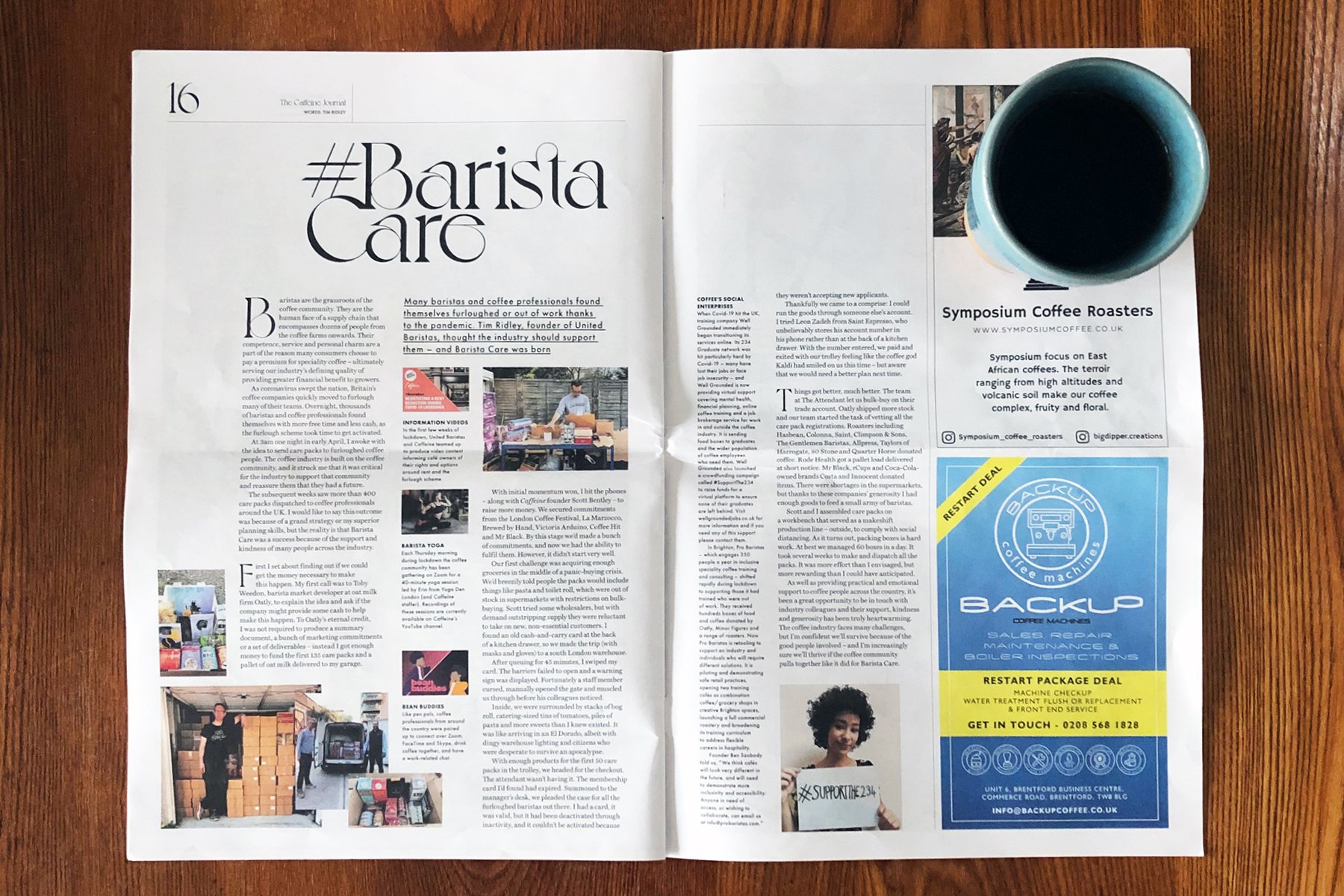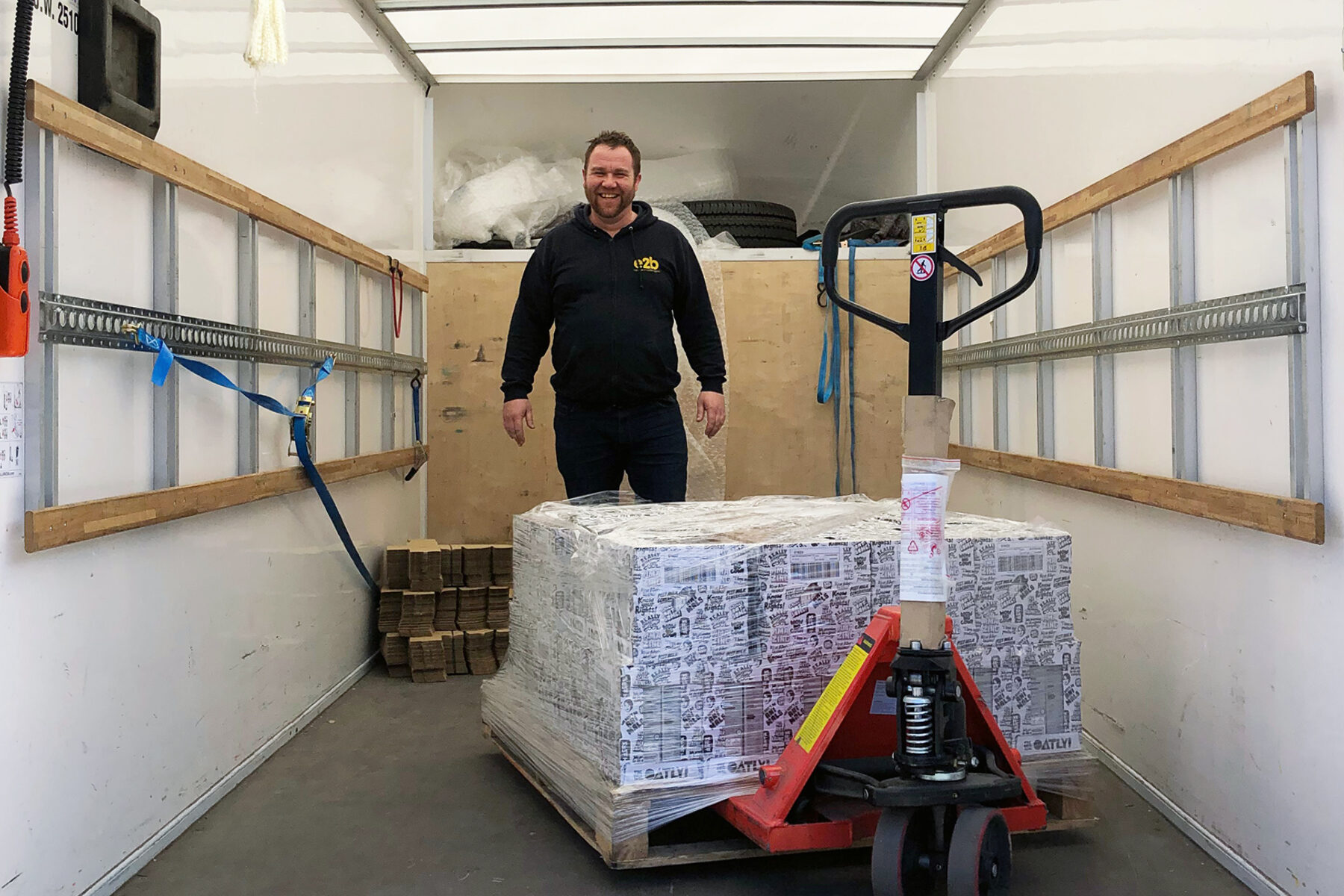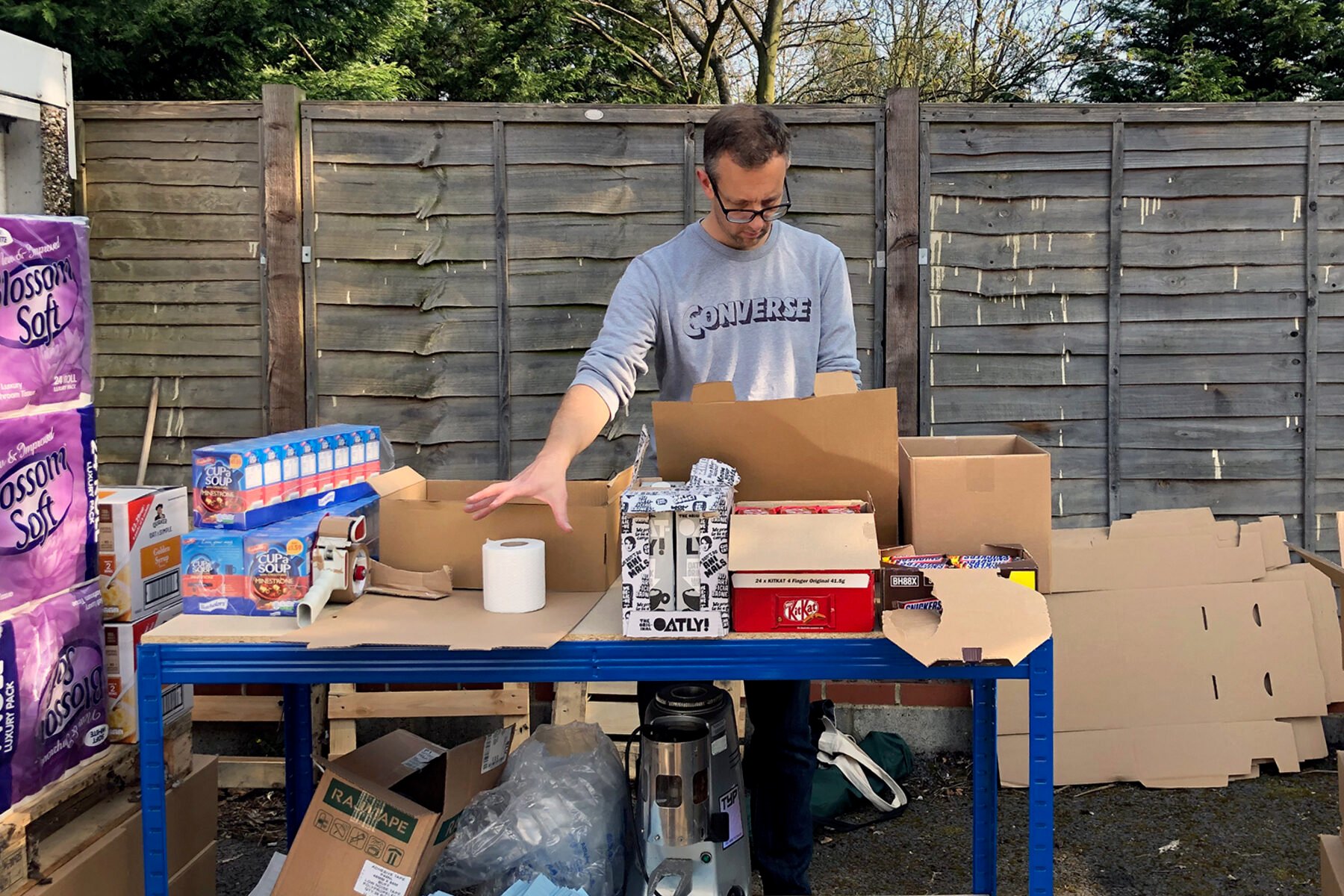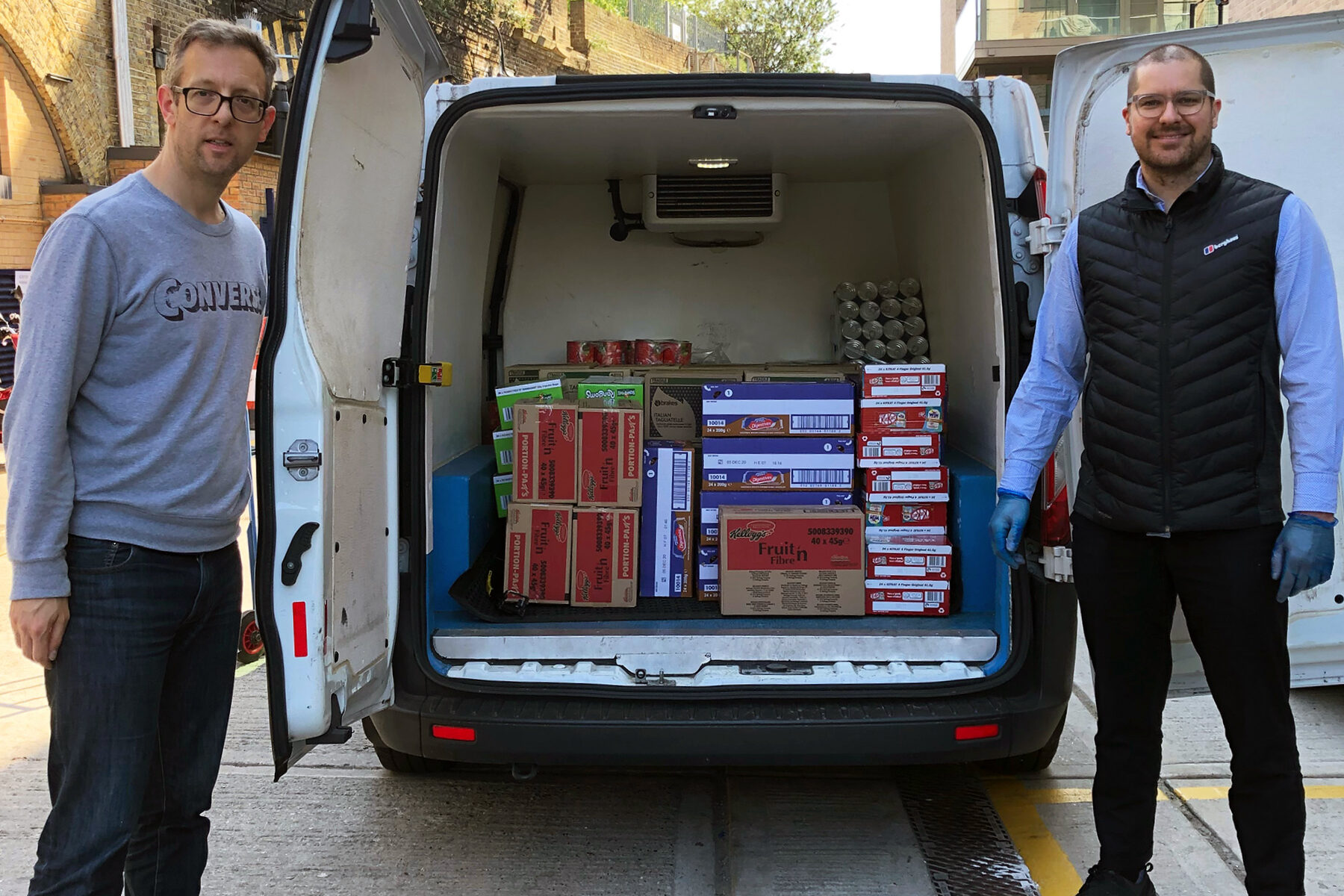
Many baristas and coffee professionals found themselves furloughed thanks to the pandemic. Tim Ridley, founder of United Baristas, explains how the industry rallied together in the latest issue of Caffeine.
Baristas are the grassroots of the coffee community. They are the human face of a supply chain that encompasses dozens of people from the coffee farms onwards. Their competence, service and personal charm are a part of the reason many consumers choose to pay a premium for speciality coffee – ultimately serving our industry’s defining quality of providing greater financial benefit to growers.
As coronavirus swept the nation, Britain’s coffee companies quickly moved to furlough many of their teams. Overnight, thousands of baristas and coffee professionals found themselves with more free time and less cash, as the furlough scheme took time to get activated.
At 3am one night in early April, I awoke with the idea to send care packs to furloughed coffee people. The coffee industry is built on the coffee community, and it struck me that it was critical for the industry to support that community and reassure them that they had a future.
The subsequent weeks saw more than 400 care packs dispatched to coffee professionals around the UK. I would like to say this outcome was because of a grand strategy or my superior planning skills, but the reality is that Barista Care was a success because of the support and kindness of many people across the industry.
First I set about finding out if we could get the money necessary to make this happen. My first call was to Toby Weedon, barista market developer at oat milk firm Oatly, to explain the idea and ask if the company might provide some cash to help make this happen. To Oatly’s eternal credit, I was not required to produce a summary document, a bunch of marketing commitments or a set of deliverables – instead I got enough money to fund the first 135 care packs and a pallet of oat milk delivered to my garage.

With initial momentum won, I hit the phones – along with Caffeine founder Scott Bentley – to raise more money. We secured commitments from the London Coffee Festival, La Marzocco, Brewed by Hand, Victoria Arduino, Coffee Hit and Mr Black. By this stage we’d made a bunch of commitments, and now we had the ability to fulfil them. However, it didn’t start very well.
Our first challenge was acquiring enough groceries in the middle of a panic-buying crisis. We’d breezily told people the packs would include things like pasta and toilet roll, which were out of stock in supermarkets with restrictions on bulk-buying. Scott tried some wholesalers, but with demand outstripping supply they were reluctant to take on new, non-essential customers. I found an old cash-and-carry card at the back of a kitchen drawer, so we made the trip (with masks and gloves) to a south London warehouse.
After queuing for 45 minutes, I swiped my card. The barriers failed to open and a warning sign was displayed. Fortunately a staff member cursed, manually opened the gate and muscled us through before his colleagues noticed. Inside, we were surrounded by stacks of bog roll, catering-sized tins of tomatoes, piles of pasta and more sweets than I knew existed. It was like arriving in an El Dorado, albeit with dingy warehouse lighting and citizens who were desperate to survive an apocalypse.
With enough products for the first 50 care packs in the trolley, we headed for the checkout. The attendant wasn’t having it. The membership card I’d found had expired. Summoned to the manager’s desk, we pleaded the case for all the furloughed baristas out there. I had a card, it was valid, but it had been deactivated through inactivity, and it couldn’t be activated because they weren’t accepting new applicants.

Thankfully we came to a comprise: I could run the goods through someone else’s account. I tried Leon Zadeh from Saint Espresso, who unbelievably stores his account number in his phone rather than at the back of a kitchen drawer. With the number entered, we paid and exited with our trolley feeling like the coffee god Kaldi had smiled on us this time – but aware that we would need a better plan next time.
Things got better, much better. The team at The Attendant let us bulk-buy on their trade account. Oatly shipped more stock and our team started the task of vetting all the care pack registrations. Roasters including Hasbean, Colonna, Saint, Climpson & Sons, The Gentlemen Baristas, Allpress, Taylors of Harrogate, 80 Stone and Quarter Horse donated coffee. Rude Health got a pallet load delivered at short notice. Mr Black, rCups and Coca-Cola-owned brands Costa and Innocent donated items. There were shortages in the supermarkets, but thanks to these companies’ generosity I had enough goods to feed a small army of baristas.

Scott, Caffeine (l), Ryan, The Attendant (r).
Scott and I assembled care packs on a workbench that served as a makeshift production line – outside, to comply with social distancing. As it turns out, packing boxes is hard work. At best we managed 60 boxes in a day. It took several weeks to make and dispatch all the packs. It was more effort than I envisaged, but more rewarding than I could have anticipated.
As well as providing practical and emotional support to coffee people across the country, it’s been a great opportunity to be in touch with industry colleagues and their support, kindness and generosity has been truly heartwarming. The coffee industry faces many challenges, but I’m confident we’ll survive because of the good people involved – and I’m increasingly sure we’ll thrive if the coffee community pulls together like it did for Barista Care.
This article was originally published in Caffeine
Covid-19 Support
Find out more about how United Baristas is supporting the coffee community during covid-19.
